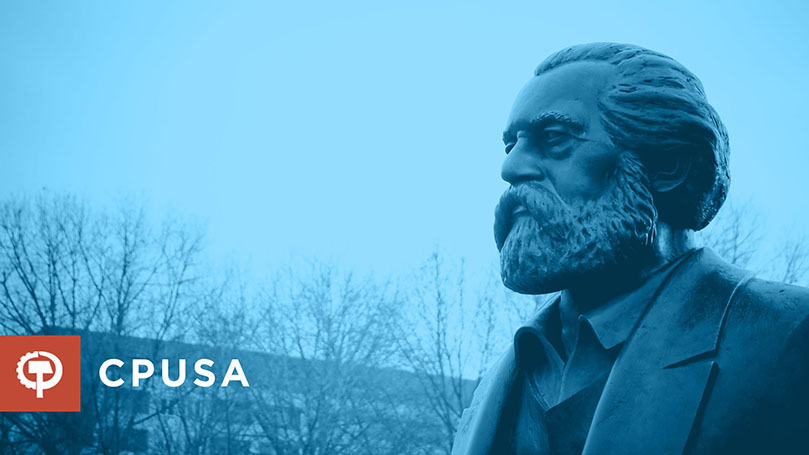
As the struggle against the Trump regime mounts, here are some points to ponder.
1. Marxists see the struggle between _________ as the main force of historical development.
(a) political parties
(b) social classes
(c) ideas
(d) empires
2. In the United States, presidential elections have sometimes served to accelerate major domestic progressive transformations. Which of the following elections did not serve to accelerate a progressive transformation in domestic policies?
(a) Abraham Lincoln’s victory in 1860
(b) Bill Clinton’s victory in 1992
(c) Franklin Roosevelt’s victory in 1932
(d) Lyndon Johnson’s victory in 1964
3. Capitalism suffers from crises of overproduction, where more goods are produced than can be sold at a profit. No matter how high the stock market goes and how much the economy grows, capitalists will never be able to give workers enough purchasing power to overcome these crises. Why?
(a) Capitalists are inherently greedy.
(b) Capitalists don’t want workers to waste their money.
(c) Capitalist profits come from reducing the cost of labor.
(d) Capitalists want to incentivize saving.
4. Marxists have contended that the easy availability of consumer credit (credit cards, installment plans, etc) strengthens the capitalist class because
(a) the capitalist class gets back in interest payments a portion of the wage it pays to workers.
(b) debt forces workers to live from paycheck to paycheck, increasing their insecurity and dependence on capitalists.
(c) credit fosters the illusion among workers that their standard of living makes them ‘middle class’.
(d) all of the above.
5. U.S. politicians deny that the Peoples Republic of China is seeking to develop its own mode of socialism and condemn China’s record on human rights and democracy. Historically, how have the U.S. government and ruling class showed their respect for the human rights and self determination of the Chinese people?
(a) Denouncing imperialism and refusing to participate in the bloody suppression of the Boxer Rebellion of 1900.
(b) Refusing to sell oil and war goods to the Japanese Empire after it launched a full scale invasion of China that would cost millions of Chinese lives in 1937.
(c) Recognizing the People’s Republic of China after its establishment in 1949, and not intervening in the re-unification of China with Chinese Taiwan.
(d) None of the above.
Check your answers here.


 Join Now
Join Now